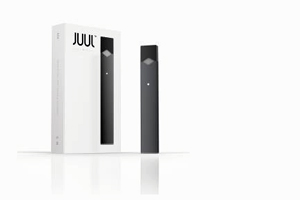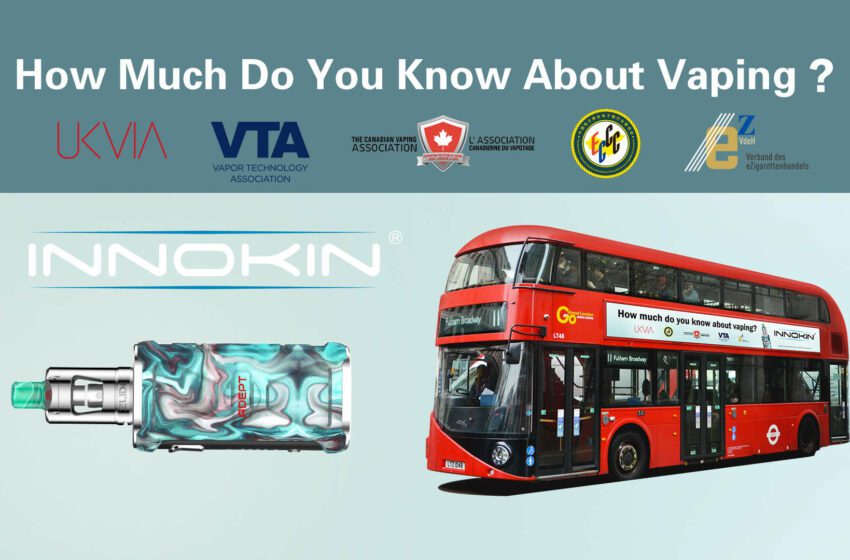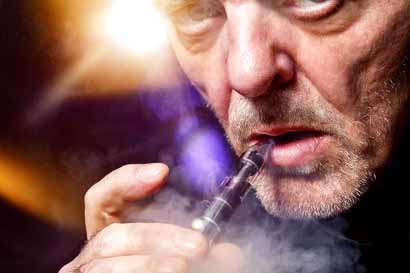Juul Labs has named a new chief financial officer and eliminated the position of chief marketing officer amid a management shakeup, reports CNBC.
Several top executives have left the company, including Chief Administrative Officer Ashley Gould and Chief Financial Officer Tim Danaher, two veteran employees at the start-up. Newcomers Craig Brommers, chief marketing officer, and David Foster, senior vice president of advanced technologies, have also left.
Juul appointed as its new CFO Guy Cartwright, who joined the company in July as an executive transformation and operations officer.
Co-founders James Monsees and Adam Bowen, who formerly held the positions of chief product officer and chief technology officer, respectively, will join a newly formed founders office, where they will advise CEO K.C. Crosthwaite.
The changes come as Juul prepares to cut about 500 jobs, or about 10 percent to 15 percent of its 4,100-strong headcount, by the end of the year.
“As the vapor category undergoes a necessary reset, this reorganization will help Juul Labs focus on reducing underage use, investing in scientific research, and creating new technologies while earning a license to operate in the U.S. and around the world,” said Altria Group veteran Crosthwaite, who became CEO at Juul Labs in September.
The tobacco giant invested $12.8 billion in Juul in December.









